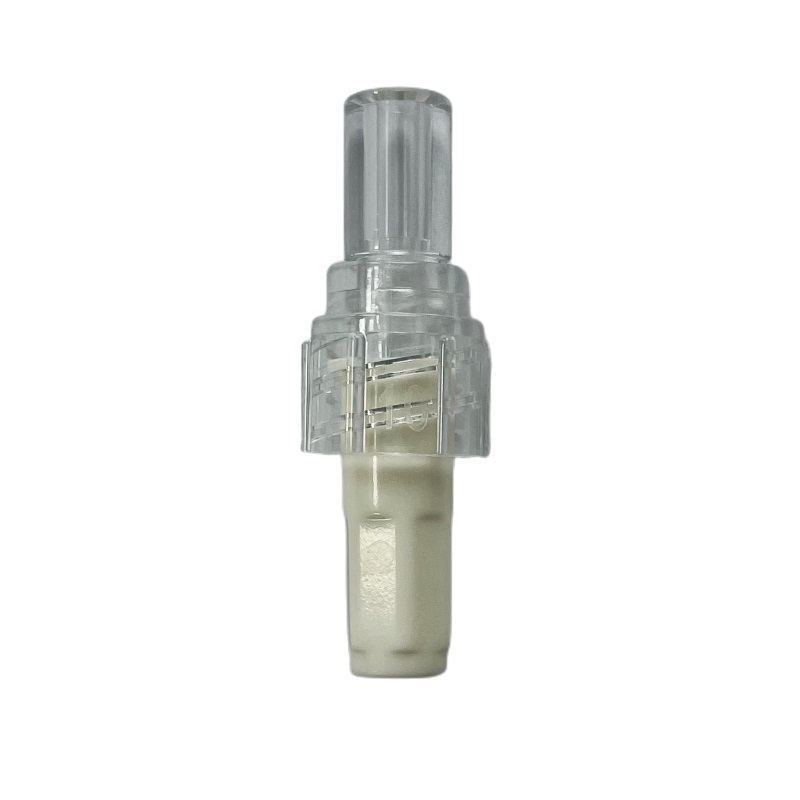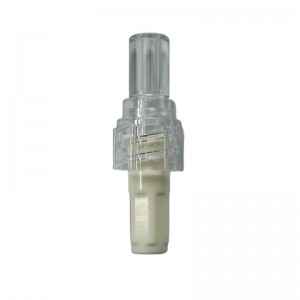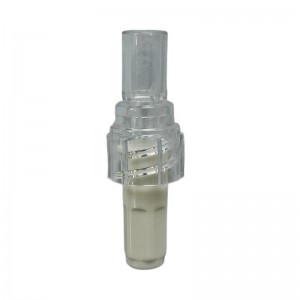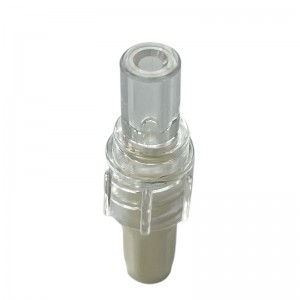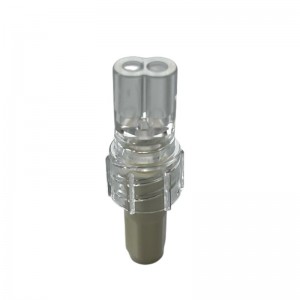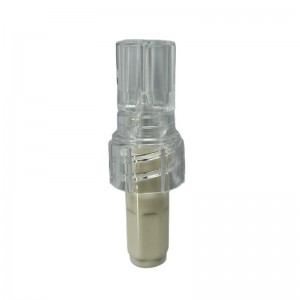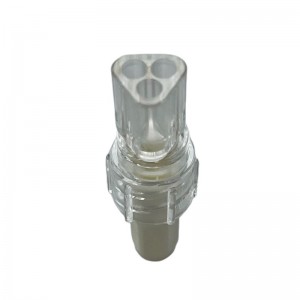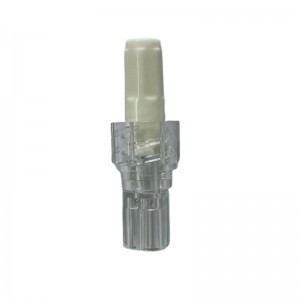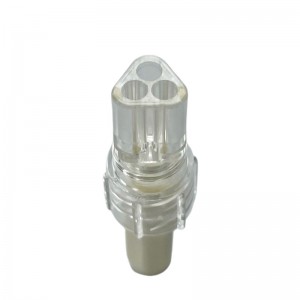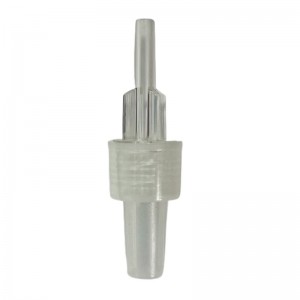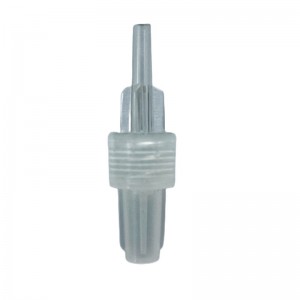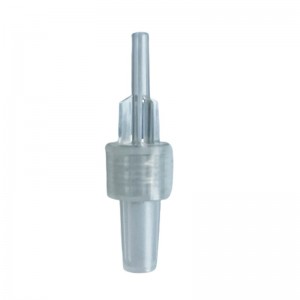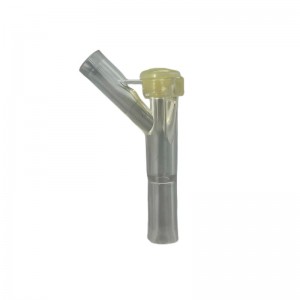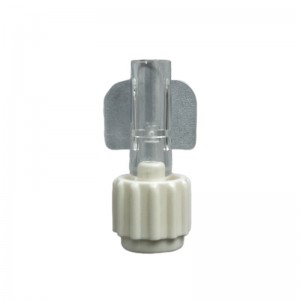Medical Device Connector for infusion sets and hemodialysis lines
A connector is a device or mechanism used to join or link two or more objects together. It serves as a means of establishing a physical, electrical, or mechanical connection between components or systems.Connectors come in a variety of forms and styles, each designed for specific purposes and applications. Some common types of connectors include:Electrical connectors: These are used to connect electrical conductors and facilitate the flow of electrical current. Examples include plugs, sockets, terminals, and cable connectors.Mechanical connectors: These are designed to connect or join mechanical components together, often providing a secure and reliable connection that can withstand forces and vibrations. Examples include screws, bolts, nuts, fasteners, and clamps.Fluid connectors: These connectors are used to join pipes, hoses, or tubing systems for the transmission of liquids or gases. Common fluid connectors include pipes, fittings, couplings, and connectors used in plumbing, hydraulics, and pneumatic systems.Data connectors: These connectors are used to establish connections for data transfer or communication. Examples include USB ports, Ethernet connectors, HDMI connectors, and audio/video connectors.Fiber optic connectors: These connectors enable the connection of optical fibers, allowing the transmission of light signals for high-speed data communication. Examples include SC connectors, LC connectors, and ST connectors.Automotive connectors: These connectors are specifically designed for use in vehicles and ensure reliable electrical connections in automotive systems. They are used for various applications, such as connecting sensors, lights, or control modules.Connectors play a crucial role in various industries and applications, such as electronics, telecommunications, aerospace, automotive, industrial machinery, and many more. They provide a means of easily connecting and disconnecting components, facilitating maintenance, repairs, and upgrades.When choosing a connector, factors such as compatibility, reliability, electrical or mechanical specifications, environmental conditions, and ease of installation should be considered. Proper selection and use of connectors are essential to ensure proper functioning and longevity of the connected components or systems.

